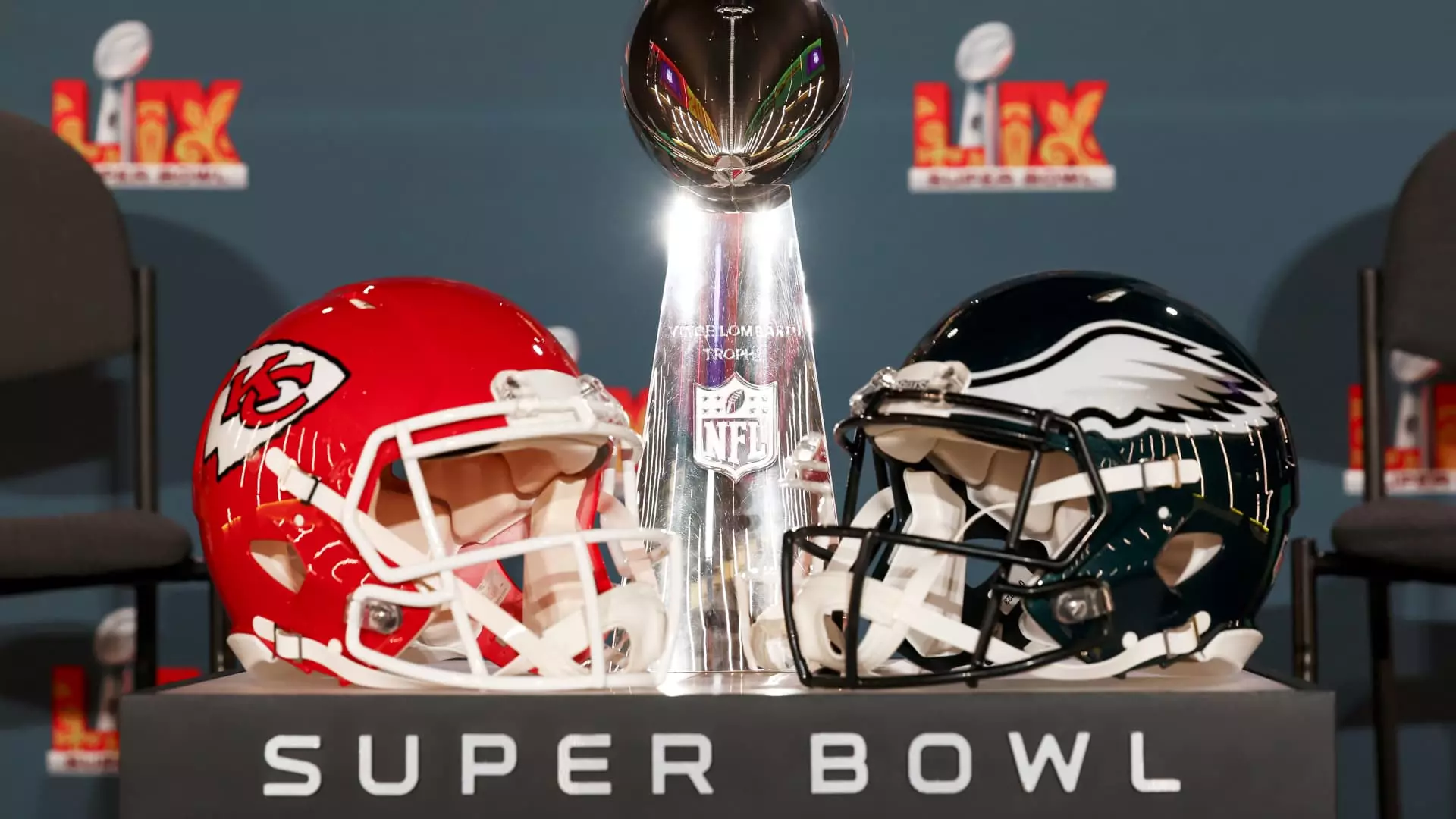In an era where sporting excellence and integrity ought to be paramount, the recent revelations about NFL players and staff profiting from Super Bowl tickets threaten to tarnish the league’s reputation. The NFL’s decision to fine over 100 players and nearly two dozen employees for reselling tickets highlights a troubling disconnect between organizational values and individual conduct. This scandal underscores how even in highly structured environments, personal greed can undermine trust, fairness, and the very spirit of competition. The league’s move to crack down is necessary, but it also raises questions about whether safeguarding organizational integrity should have been prioritized earlier or more aggressively. The core issue isn’t just about fines, but about cultivating a culture where loyalty and fairness transcend personal gain.
What the Penalties Reveal About the League’s Priorities
The NFL’s approach—fines exceeding face value and the suspension of future ticket privileges—signals a firm stance. Yet, one must critically examine whether these punitive measures serve as meaningful deterrents or merely a reactive patch to a deeper problem. Fining players 1.5 times the ticket face value and doubling that for employees suggests that profit motives are being viewed as serious misconduct, which is a positive step. However, without a proactive cultural shift emphasizing integrity and accountability, these measures may only address symptoms—not root causes. The league’s emphasis on “enhanced compliance training” indicates an awareness of systemic issues, but it remains to be seen if such efforts will be effective or just bureaucratic window dressing. True accountability requires fostering an environment where loyalty to the league’s core values outweighs short-term personal gains.
Implications for Fans and the League’s Future
This episode also serves as a reminder that the integrity of the game directly impacts its fans. When insiders profit from exploiting their positions, it erodes public trust and diminishes the excitement of the spectacle. The league’s punitive measures are vital to restore faith, but they also expose the tension between commercialization and fair play. Fans expect fairness and transparency; when those expectations are violated, the league risks alienation. Moreover, the decision to restrict future ticket purchasing privileges for violators demonstrates an understanding that accountability must be enforced beyond monetary penalties; it involves reinstating trust and setting clear boundaries for future conduct. Still, the league must go beyond penalties—by reshaping its culture and emphasizing the importance of integrity at all levels to ensure this scandal remains an isolated incident rather than a recurring theme.
A Call for Stronger Cultural Foundations
In the larger picture, the NFL’s response reveals a crucial truth: organizational scrutiny and punishments are not sufficient in themselves to prevent misconduct. Instead, creating a culture rooted in ethical responsibility, loyalty, and respect for the game is paramount. This means implementing rigorous cultural reforms that prioritize moral standards over profit motives, and ensuring that all stakeholders—players, staff, and executives—internalize the importance of fair play. Only then can the league hope to prevent scandals that threaten its credibility. As a center-right perspective would argue, strong institutions are built on disciplined adherence to shared principles, not just reactive punishments. If the NFL truly values its heritage and the trust of its fans, it must double down on upholding integrity, fostering accountability, and cultivating a sporting environment where greed does not undermine greatness.

